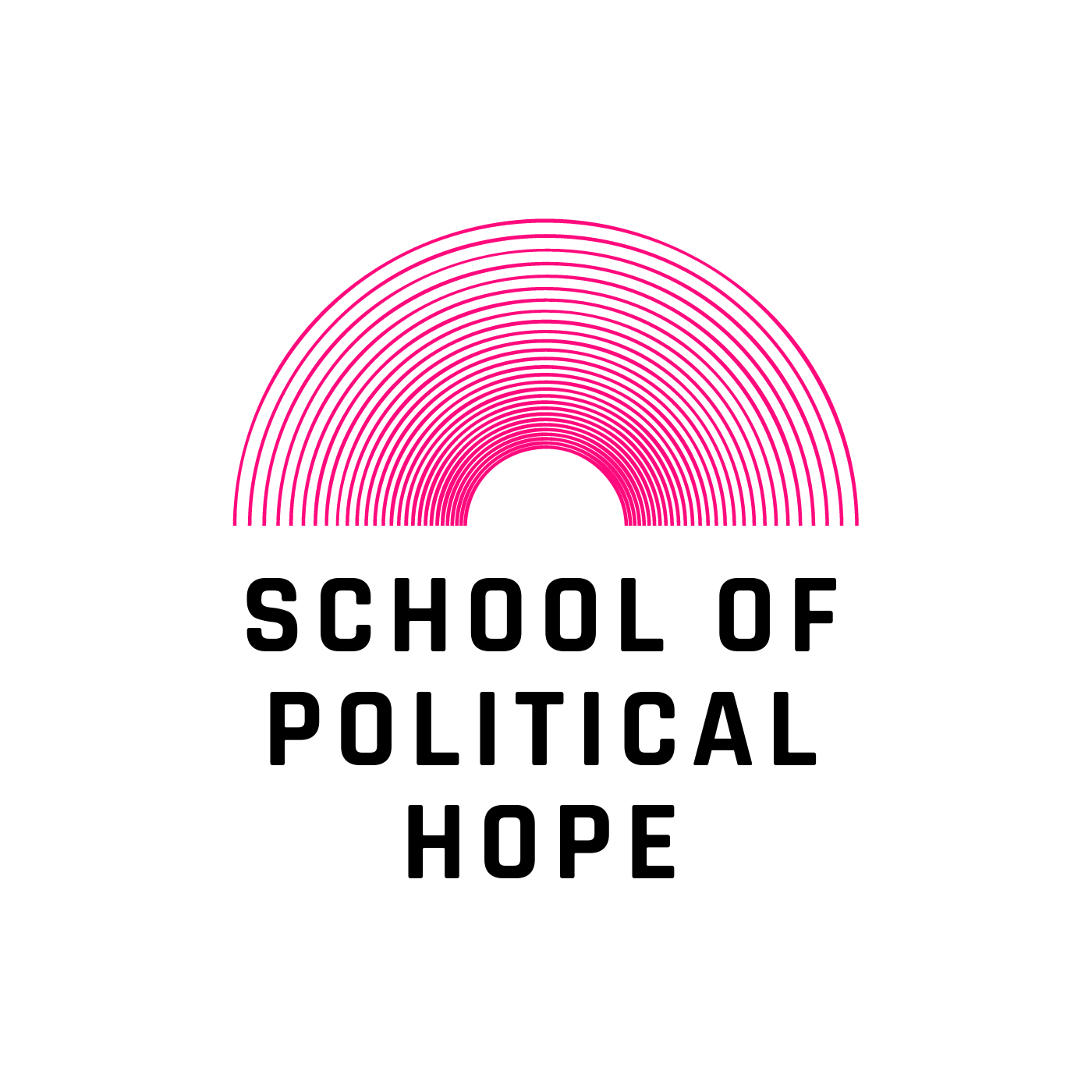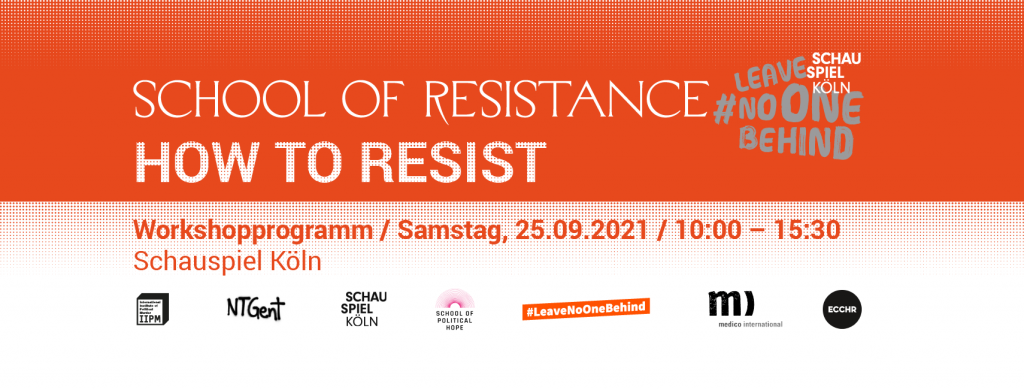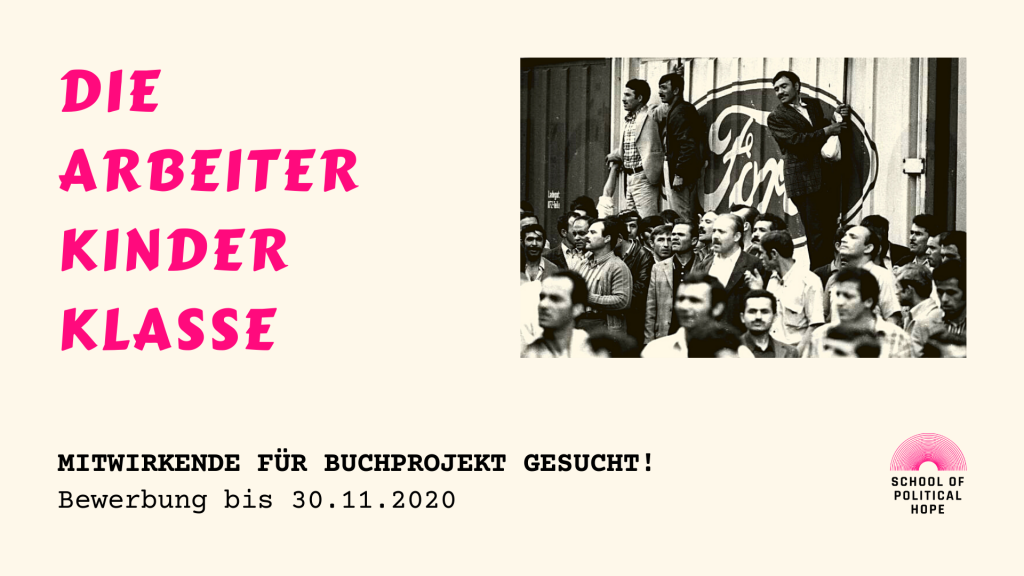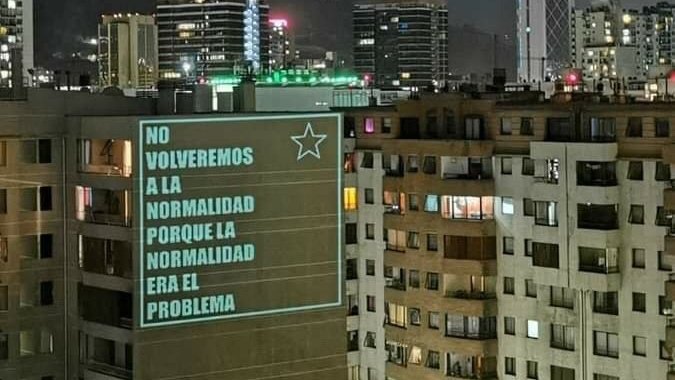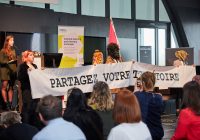Buchinterview
The Concreteness of Hope
»Solidarity 2.0, or Democracy as a Form of Life«
(Herausgegeben von Jan Sowa & Biennale Warszawa)
Die Biennale Warszawa hat unter dem Titel »Solidarity 2.0, or Democracy as a Form of Life« ein Buch veröffentlicht, in dem ein Interview von Jan Sowa mit unserem Schulleiter Georg Blokus abgedruckt ist. Das Interview wurde im März 2018 nach dem Vortrag von Georg zu »From Participatory Art to Cultural Organizing« in Warschau geführt. Im Vorwort des Herausgebers Jan Sowa, der 2017 auch schon bei unserer Veranstaltung »Wie kämpfen« gesprochen hat, heißt es:
»Despite the obvious crisis of political representation, reflection on democracy and attempts at its practical development are currently rather stunted. The liberal centre, scared to death of the populist revolt, remains trapped in the imaginarium straight from the 1990s, when such abstractions as “civic society” or “freedom” were eulogized and considered an immovable foundation of modern politics. Although hardly anyone today believes Fukuyama’s famous bon mot about the end of history, liberal journalists and theoreticians act as if parliamentary democracy was an ahistorical model of democratic society cast in platinum of civic virtues and deposed in the political equivalent of the International Bureau of Weights and Measures in Sèvres. Meanwhile, there are not many thing as useful for driving the populist-conservative-fascist revolt as defective mechanisms of political representation. They make significant segments of the population feel excluded from the participation in the political life, and extremely disappointed with the behaviour of mainstream politicians. Hence the anti-establishment attitude common to various strands of populism and the related tendency to elect politicians who do not fit into the moderately “reasonable” format pushed by the liberal centre. This book, presenting a radically democratic alternative to contemporary parliamentary politics, constitutes a voice in the discussion on the possible solution to the crisis of democracy in which we are nowadays deeply immersed.«
— Jan Sowa
Kultursoziologe & Herausgeber
In dem Buch wird diese Perspektive zum Ausgangspunkt für Gespräche mit Menschen, die direkt in selbstorganisierte, demokratische Initiativen involviert sind oder sich mit deren Erforschung befassen: In sieben Interviews treffen Ausgaben des heutigen Rojava (Kurdistan) auf Nestor Makhno und sein Freies Territorium der ukrainischen Grasländer zu Beginn des 20. Jahrhunderts, das Camp für den Białowieża Wald auf die Bewegungen von Occupy Wall Street und der Indignados, politisches Kulturorganizing auf die Utopien der digitalen Demokratie und die Kollektivierung kultureller Institutionen auf die Arbeiterdemokratie und die Wiederherstellung der Gerechtigkeit durch Arbeiter*innen.
Im Interview unter dem Titel »The Concreteness of Hope« spricht Georg u. a. über den Wandel des Verständnisses von politischer Kunst und der Kunst, Menschen und Institutionen zu organisieren, die Hoffnung bringen:
»There is some kind of concreteness of organizing and organizations, which are missing. Imagine three, four or five years from now, when infrastructure will probably get even worse. One thing that we definitely can do is building parallel infrastructure. Infrastructure of institutions and organizations, which are able to furnish the representation of the common. We need schools and new visions for political education or political self-education. We need tribunals on the global scale which would make finance industry and international corporations accountable. We do not have them, so let's create them. This is what I really like in this concreteness of hope.«
— Georg Blokus
Schulleiter (SPH)
Das Buch ist online und in Buchhandlungen erhältlich.

